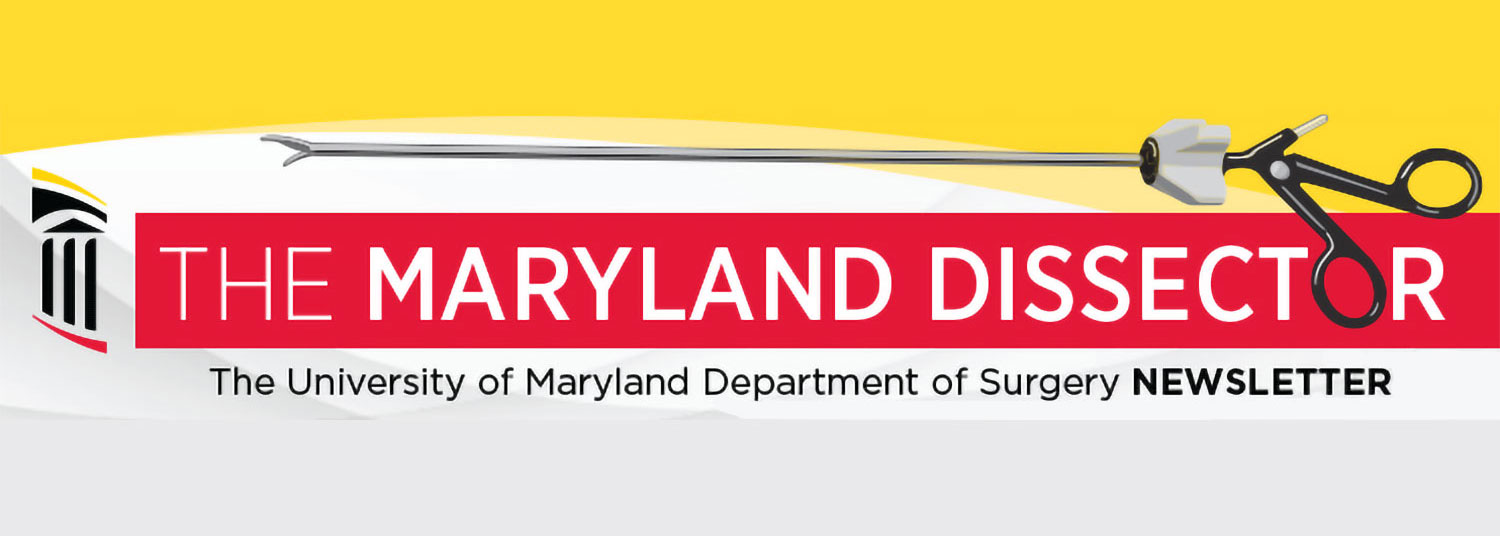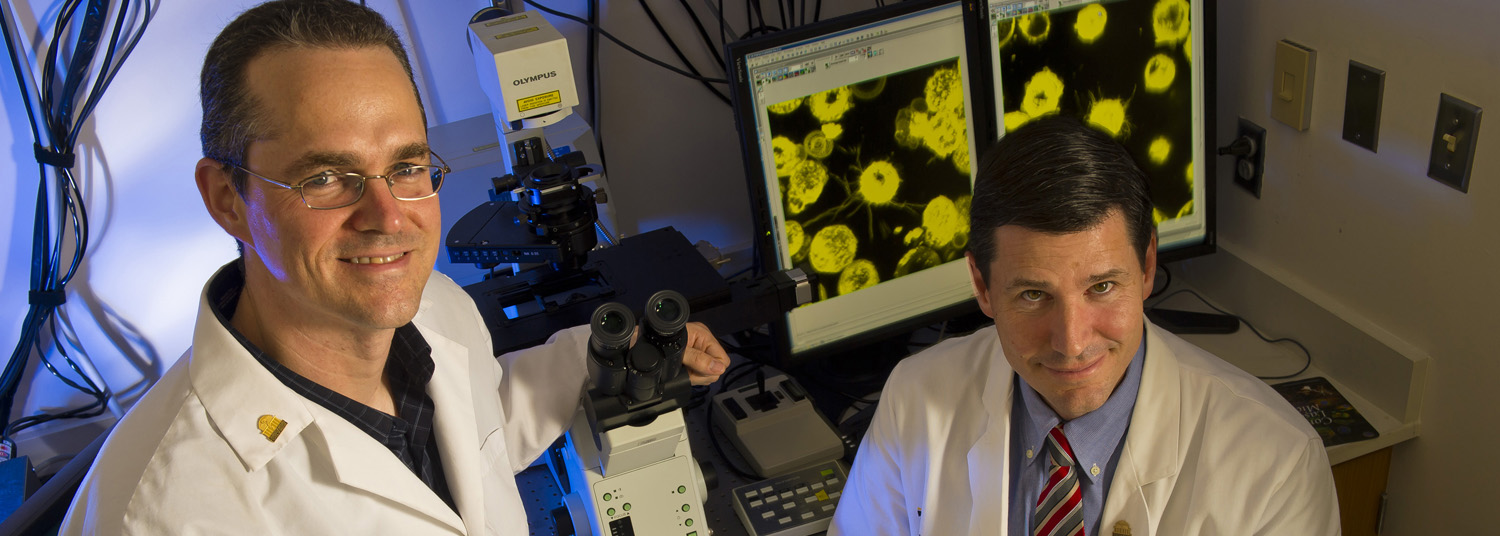The University of Maryland Department of Surgery offers the most innovative surgical treatment options for patients with cases ranging from routine to the most medically complex. Our physicians' vast surgical and research expertise, our multidisciplinary approach to treatment and the broad resources of an outstanding academic medical center combine to attract leading surgeon- scientists to the University of Maryland.
Education is at the core of our mission at University of Maryland School of Medicine. All faculty have a strong commitment to training the next generation of leading surgeon-scientists. Each resident pursues a basic or clinical question for two full years at our hospital or a separate research institution such as the NIH. Our 60 residents benefit from state of the art surgical training both in traditional operating room settings and in the Maryland Advanced Simulation, Training, Research and Innovation center, where they practice the latest surgical technology.
We instill a culture of research within our clinical faculty from the moment they join the department. Research funding from the National Institutes of Health is an objective measure that we use to reflect the excellence and quality of our research program as we develop the latest treatment options for patients. We are proud to be one of the top NIH-funded research programs. Last year the department received $10,569,139 in funding.
Our department consists of eight specialized divisions and each boasts many significant accomplishments. Take a look at our comprehensive program. We look forward to hearing from you, whether you are a patient, prospective resident or fellow, medical student, researcher or referring physician.
Our Mission
To provide the best surgical services and patient care to our patients while providing equal access to the most innovative and progressive medical services available, led by basic, clinical, and translational discoveries, and to train physicians and other healthcare providers.


